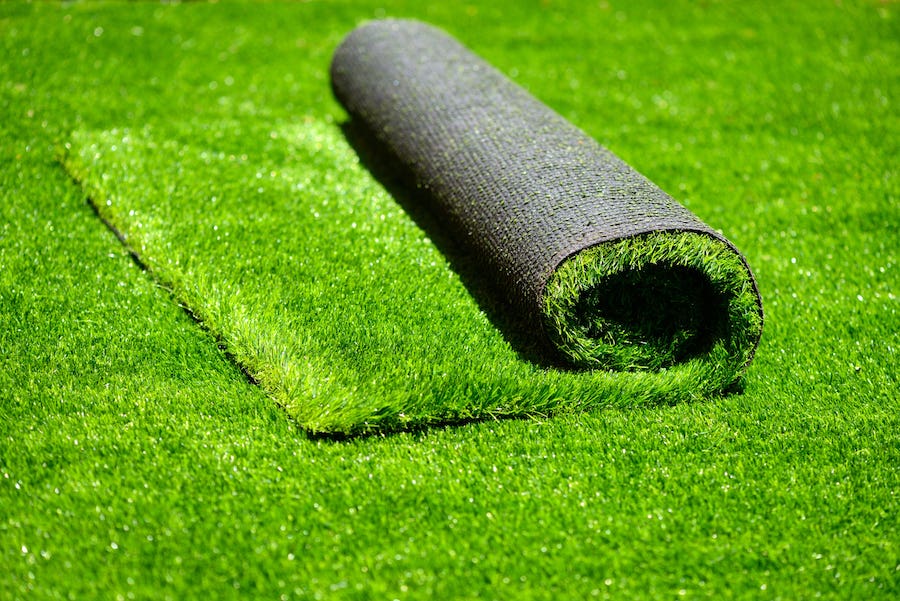Would you have a fake lawn in your garden?
It’s green, pristine and doesn’t need mowing, but gardeners argue artificial grass isn’t good for the planet.
There’s been a boom in artificial grass during lockdown, but horticulturists are urging gardeners to grow natural lawns to help wildlife and improve air quality.
Sales of artificial turf at LazyLawn, the UK’s biggest artificial grass supplier, rose by 300% during three months of lockdown, according to its sales director Andy Driver.
“Makeovers have been on the increase and artificial turf has featured in that,” he says. “The market ranges from the older generation where it’s become too much of a chore to mow the lawn, to families with a busy lawn that gets ruined quickly, and people with very small gardens who don’t feel it’s worth having a small patch of real grass which will require a lawnmower to maintain.”
Critics counter that plastic lawns are not environmentally friendly and can end up in landfill after use.
A decade ago fake grass was showcased at the RHS Chelsea Flower Show, but it has long since been banned from the show, says RHS chief horticulturist Guy Barter. “As an environmental charity, it’s not the kind of thing we think is appropriate,” he says. “I would go for real grass every time. I would rather throw myself in a ditch than have an artificial lawn.”
Lawn expert David Hedges-Gower agrees. “You either want to go with nature or you don’t.”
What are your views? Would you have fake grass in your garden or do you prefer real grass?




















